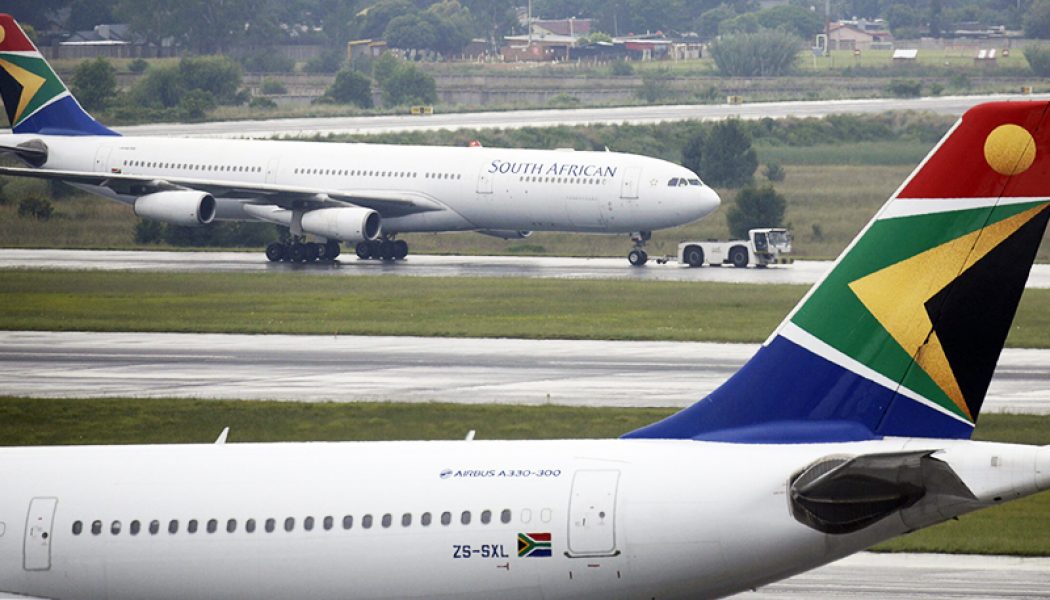Africa’s travel and tourism industry have lost $55 billion due to the closure of borders across the continent in attempts to stave off the spread of the novel coronavirus.
This is according to the African Union, who says that on the continent where safaris are a powerful overseas tourism market, the sector has been crushed by hard lockdowns that sealed air, land and sea borders.
“The impact is really severe,” says Amani Abou-Zeid, Commissioner for the African Union during a virtual briefing organised by the World Economic Forum and the WHO on Thursday.
/* custom css */
.tdi_3_fbb.td-a-rec-img{ text-align: left; }.tdi_3_fbb.td-a-rec-img img{ margin: 0 auto 0 0; }
“We are talking here about $55 billion lost within three months in a year when we were supposed to see an increase in travel and air transport.”
“There are airlines that may not survive COVID-19,” Abou-Zeid warned.
She would go on to say that, in Africa, tourism is not a luxury but a livelihood for millions across the continent.
Countries attempt to re-open industry
Times Live writes that countries in Africa are forging ahead to re-open air traffic and save their massacred tourism industries despite a steady rise in infections.
A handful of states opened their borders last week, countries like Zambia and Sierra Leone. Senegal is set to re-launch international air-travel from 15 July.
“As we are going to open… we are also now pushing for intra-African tourism,” Abou-Zeid says.
She calls for “Africans to see Africa” and pushes for lower taxes, reduced ticket faires and visa facilitation to encourage tourism between African nations.
Prosper Zo’o Minto’o of the International Civil Aviation Organisation (ICAO) says that the impact the virus has had on the African airline industry is ‘alarming.’
Zo’o Minto’o estimates that a $20 billion stimulus package, at the very least, would be required to aid the industry back into the sky as it was before the pandemic struck.
COVID-19 in sub-Saharan Africa
As of now, the continent has recorded more than 420,000 COVID-19 cases and over 10,000 deaths.
South Africa is the hardest-hit country in sub-Saharan Africa, accounting for a third of total numbers in the region.
WHO regional chief Matshidiso Moeti has warned of a “certain underestimation of cases” due to test kit shortages and the tendency to test only symptomatic patients.
Edited by Luis Monzon
Follow Luis Monzon on Twitter
Follow IT News Africa on Twitter









